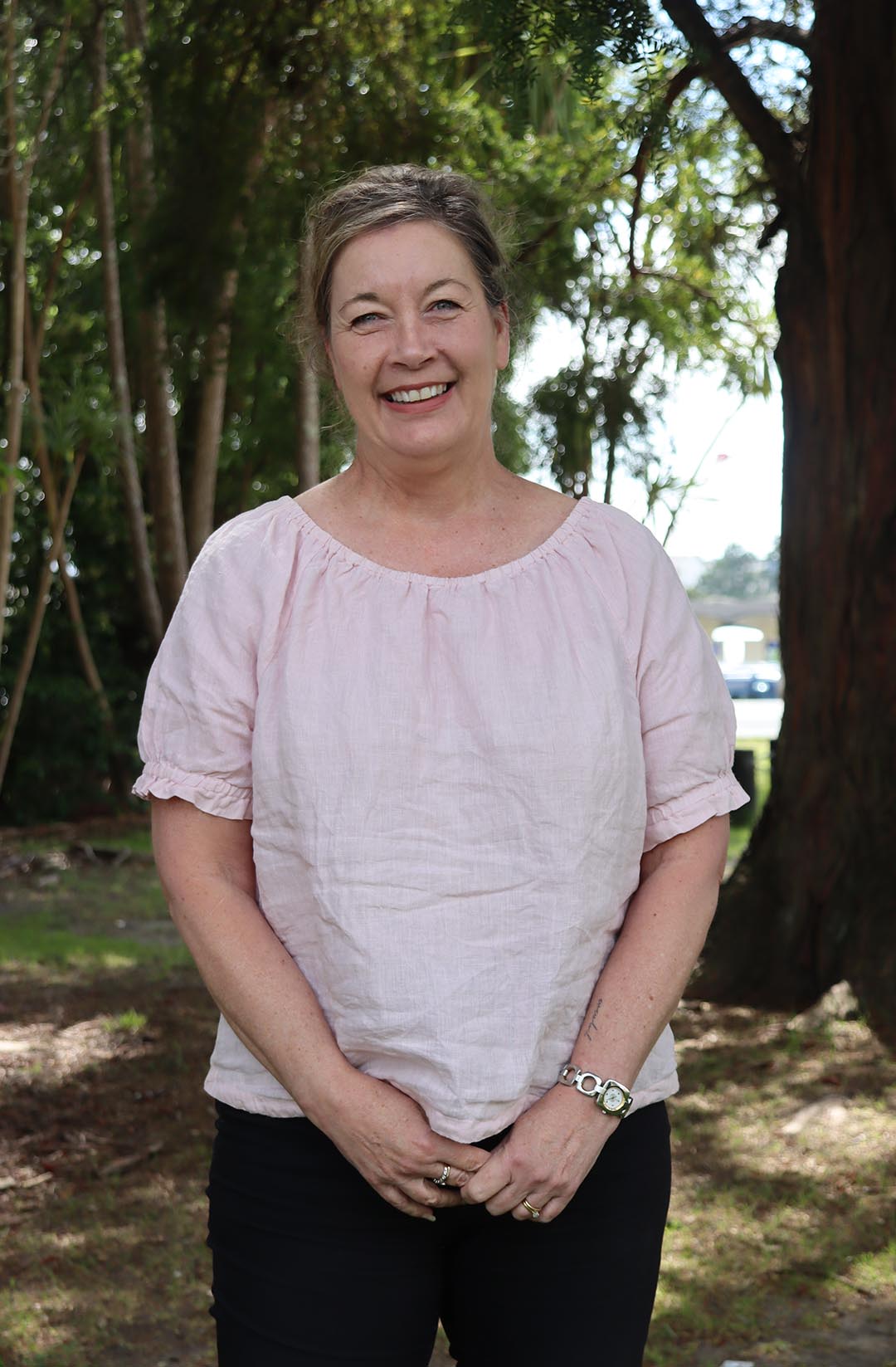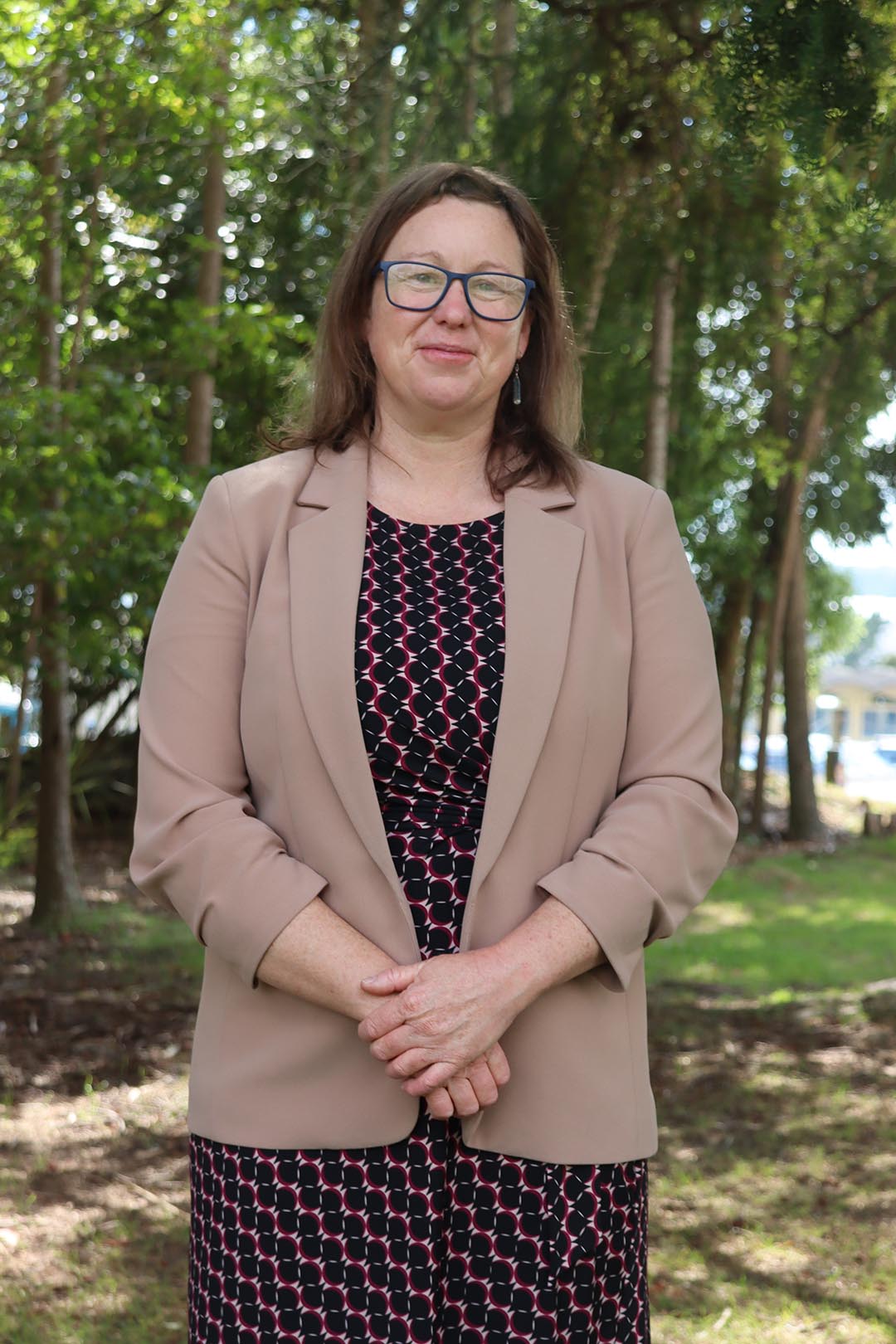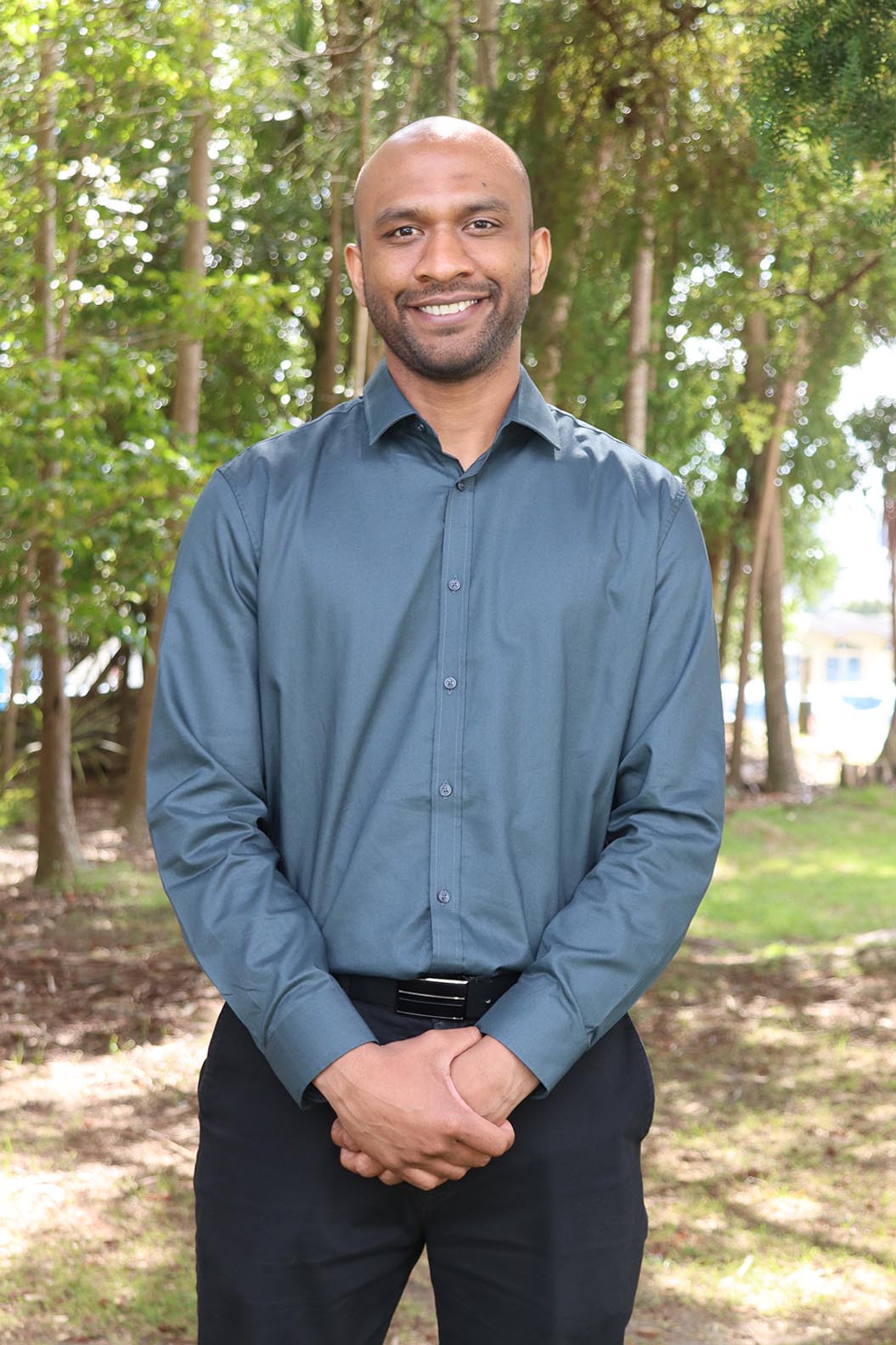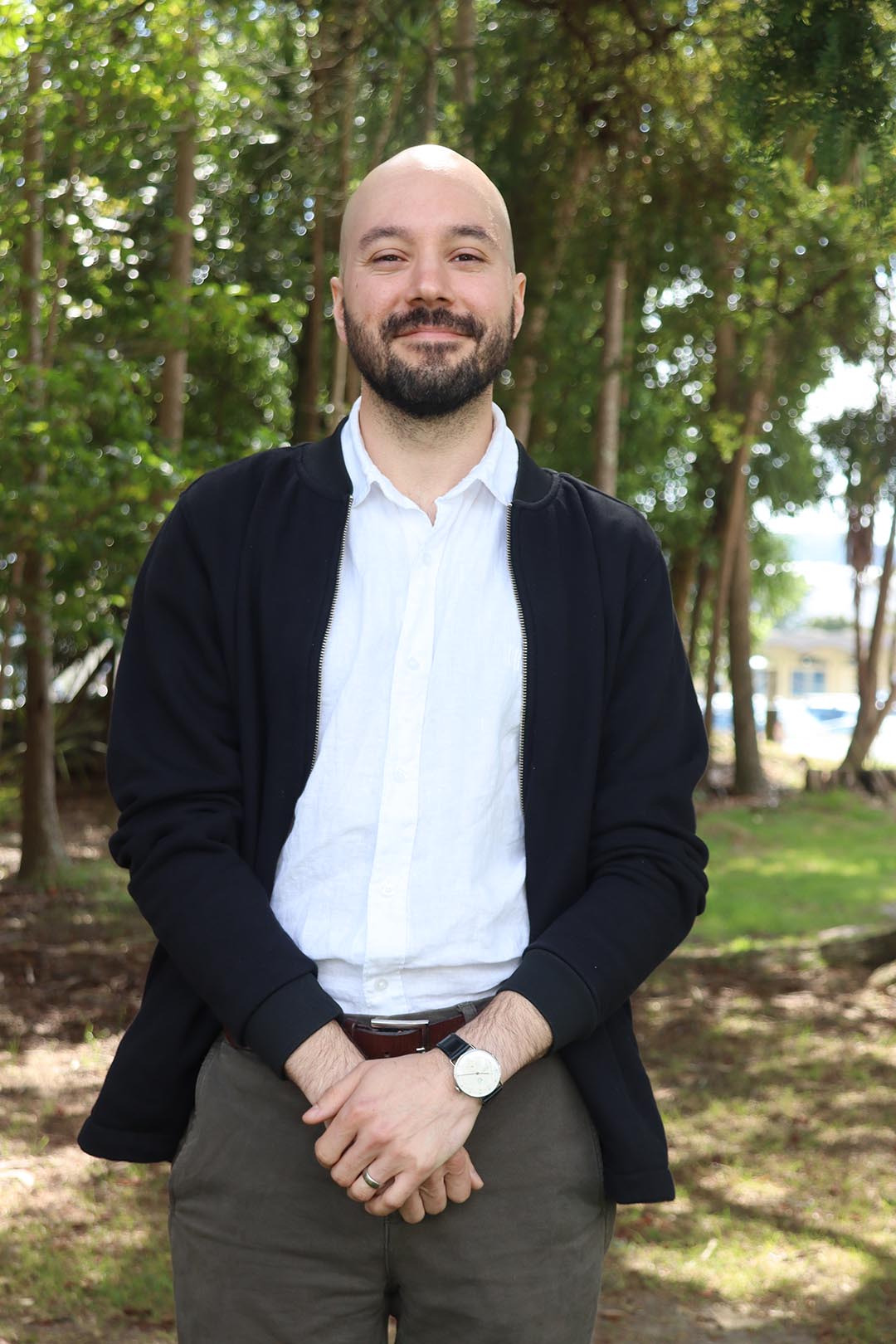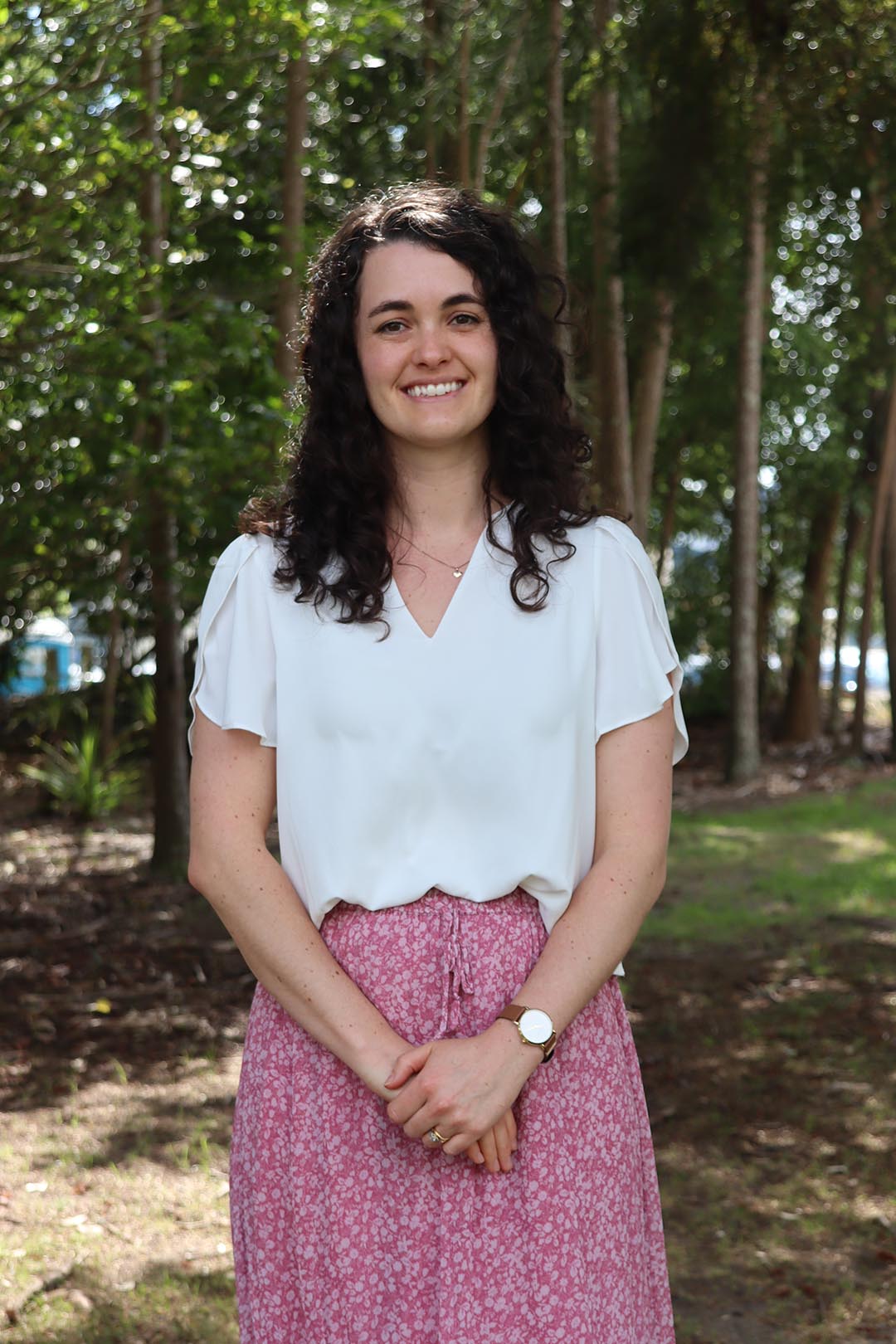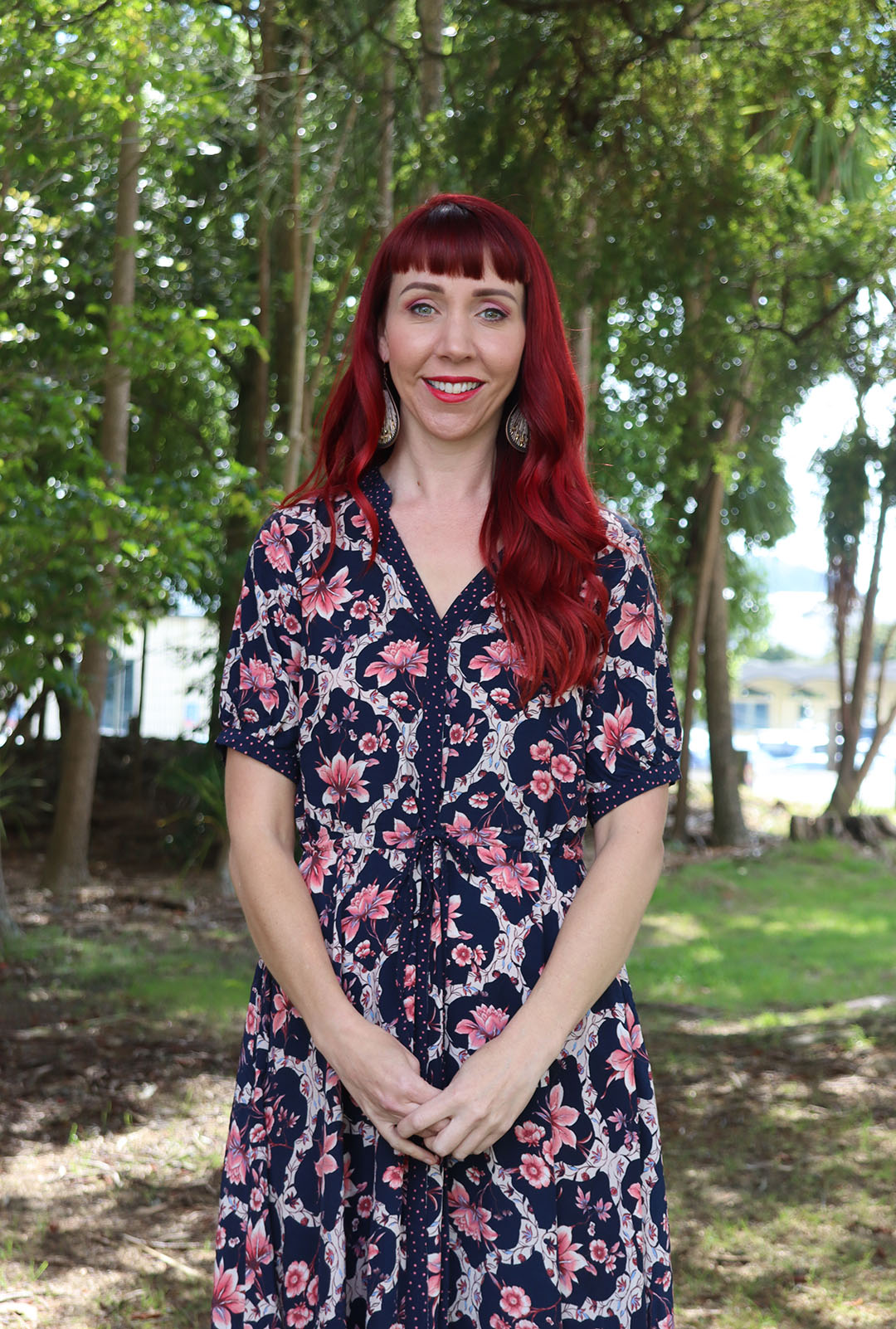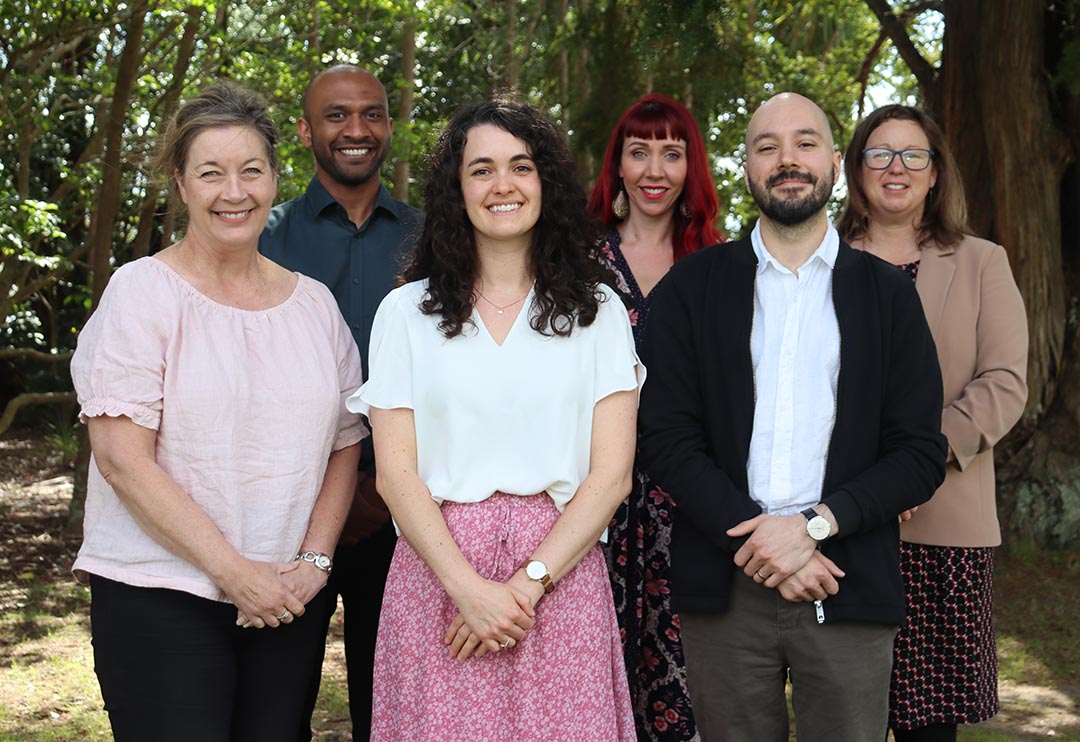
He aha te mea nui o te ao? He tangata, he tangata, he tangata.
What is the most important thing in the world? It is people, it is people, it is people.
Nau mai, haere mai, pasifika greetings and welcome to you all.
Why go to Counselling?
There may be times in your life when things happen and you are not sure what to do. At times like this, it can help to talk to someone.
As counsellors, we are trained to support you to explore issues that worry you, and we can help you to develop coping skills or connect you with helpful support services. We can help build resilience and support you when things get tough.
People might seek counselling support for the following reasons:
|
|
A counsellor may also:
- Provide referrals to other agencies for specialised help
- Facilitate/organise mediations or restorative meetings to resolve conflict
- Advocate for people who are disempowered
- Support you with talking to your family/peers/teachers
What happens in Counselling?
In counselling you can talk in a safe, non-judgemental place with someone who supports you. A counsellor is someone who listens carefully and supports you to explore and discover new perspectives, ideas, and choices.
It can help you:
- Reduce stress
- Set goals and plans
- Get to know yourself better
- Improve relationships
- Get linked in with other agencies to support you
- Build a sense of resilience and self-identity
- Make a safety plan should you be at risk
Appointments
Apart from an emergency, it is important to book an appointment time rather than just turn up during class time. This is to ensure that everyone is able to focus on their counselling sessions and you don’t get sent back to class. If you are in distress, please let a school staff member know so they can assist you to come down to the counselling offices.
To make an appointment:
- Students can fill in a paper appointment form and place it in the box in the counselling waiting area, or click the link here to fill out an online form: Appointment Form
- Caregivers and students can email one of the Counselling team directly
- Come and speak with us directly before/after school, at interval or lunch
- Ask a teacher or your dean for help to contact the counselling team
Helpful sites and numbers
Helplines:
24/7 Counselling Text and call line: 1737
Suicide Crisis Helpline – 0508 828 865
Lifeline – 0800 111 757
Youthline – 0800 543 354
Depression.org – 0800 376 633
Anxiety phone line – 0800 269 4389
Shine – 0508 744 633 confidential domestic abuse helpline
Kari Centre – (09) 623 4646
Sexual Abuse Help: 0800 044 334 (24 hours)
Fonua Ola – Pasifika Health Services: 09 828 4307
Need another Helpline? Find the one your need here: https://findahelpline.com/
In an emergency please call 111 or the national crisis helpline, 0800 800 717
Websites:
Other Useful Resource Websites:
Youth Mental Health – www.thelowdown.co.nz
Youth Mental Health – www.whatsup.co.nz
Mental Health Support – www.depression.org.nz
Mental Health Resources – www.skylight.org.nz
Pasifika support service – www.leva.co.nz
Youth Gender/Sexuality Support – www.rainbowyouth.co.nz
Parent Support – www.theparentingplace.com
Online Bullying and Safety Support – www.netsafe.org.nz
Eating Disorders Support – https://www.ed.org.nz/
CADS – Community Drug and Alcohol Service – www.cads.org.nz/services/altered-high-youth
Our focus is to support students to improve their wellbeing and resilience. In action, this involves helping them to make decisions that are empowering, particularly in the face of distressing situations that may be getting in the way of them thriving in school and life. Embodying manaakitanga and a collaborative team spirit enables us to support our students with care, respect, and integrity.
At Mount Albert Grammar School we currently have a team of qualified counsellors – each of which are Registered Members of the New Zealand Association of Counsellors (NZAC). With extensive experience working with young people, they offer counselling for a variety of issues, such as: anxiety, depression, cultural identity, bullying, anger, relationship conflicts, eating issues and substance misuse. As counsellors we work professionally and ethically under the ‘NZAC Code of Ethics’, which guides our work in upholding best ethical practice and confidentiality.
The Counselling Department provides a safe space that is private and confidential for students of all year levels, gender diversity and ethnicity. Students are encouraged to self-refer, or are referred by caregivers, deans, teachers, senior management, and other staff. Counsellors advocate for those who are disempowered. They also offer mediation and restorative meetings and are involved in training students for these roles. Our counsellors utilise holistic approaches to counselling in support of young people, including Maori and Pasifika models of mental wellbeing/hauora.

